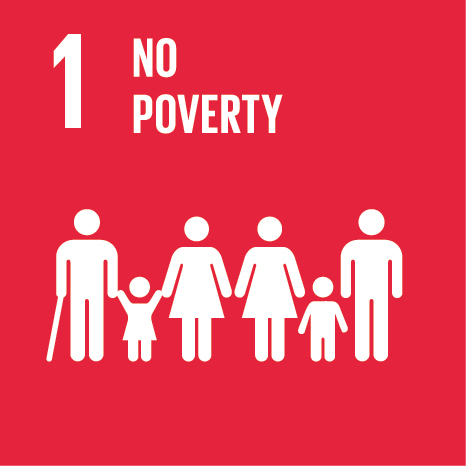Ciência_Iscte
Publications
Publication Detailed Description
Journal Title
Journal of Black Psychology
Year (definitive publication)
2017
Language
English
Country
United States of America
More Information
Web of Science®
Scopus
Google Scholar
Abstract
The present research studied reparation demands of born-free Black South African adolescents as members of a former victimized group from a social psychological perspective. Two cross-sectional studies tested whether identification indirectly predicts reparation demands via assignment of collective guilt to White South Africans; and whether this indirect relation is moderated by cross-group friendship. The results support both hypotheses and show a stronger link between identification with the victimized group and collective guilt assignment in a segregated rather than a desegregated context (Study 1: N = 222) and for participants reporting lower levels of cross-group friendship (Study 2: N = 145). Reparation demands are important for strongly identified members of a victimized group in a postconflict situation. Their mediation by collective guilt assignment, mitigated by cross-group friendship, indicates that one major function is to insure recognition of the victims’ past suffering and to repair the relationship rather than ostracizing the transgressor group or gaining access to resources.
Acknowledgements
--
Keywords
Intergroup processes,Racial identity,Resilience,Multiple regression
Fields of Science and Technology Classification
- Psychology - Social Sciences
Funding Records
| Funding Reference | Funding Entity |
|---|---|
| UID/PSI/03125/2013 | Fundação para a Ciência e a Tecnologia |
Contributions to the Sustainable Development Goals of the United Nations
With the objective to increase the research activity directed towards the achievement of the United Nations 2030 Sustainable Development Goals, the possibility of associating scientific publications with the Sustainable Development Goals is now available in Ciência_Iscte. These are the Sustainable Development Goals identified by the author(s) for this publication. For more detailed information on the Sustainable Development Goals, click here.

 Português
Português




